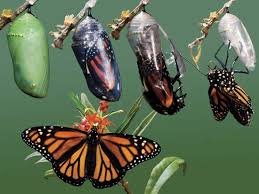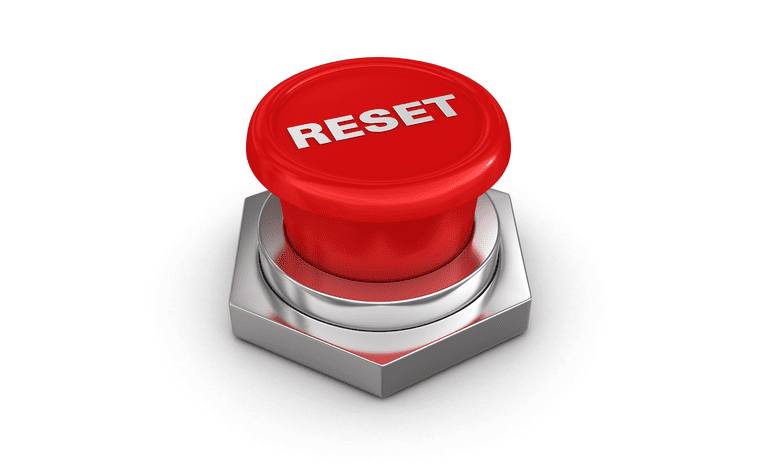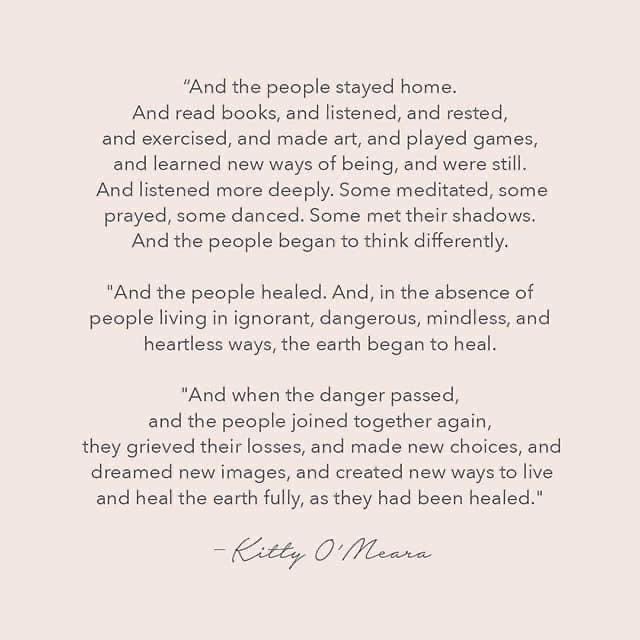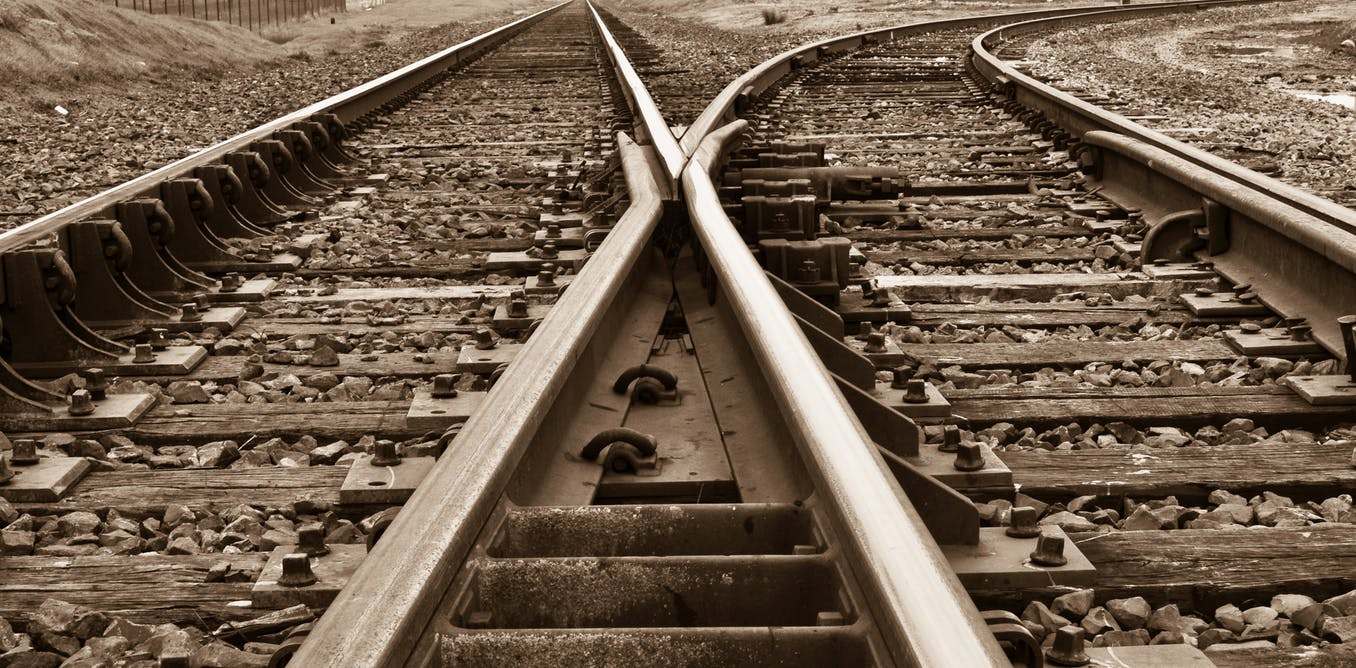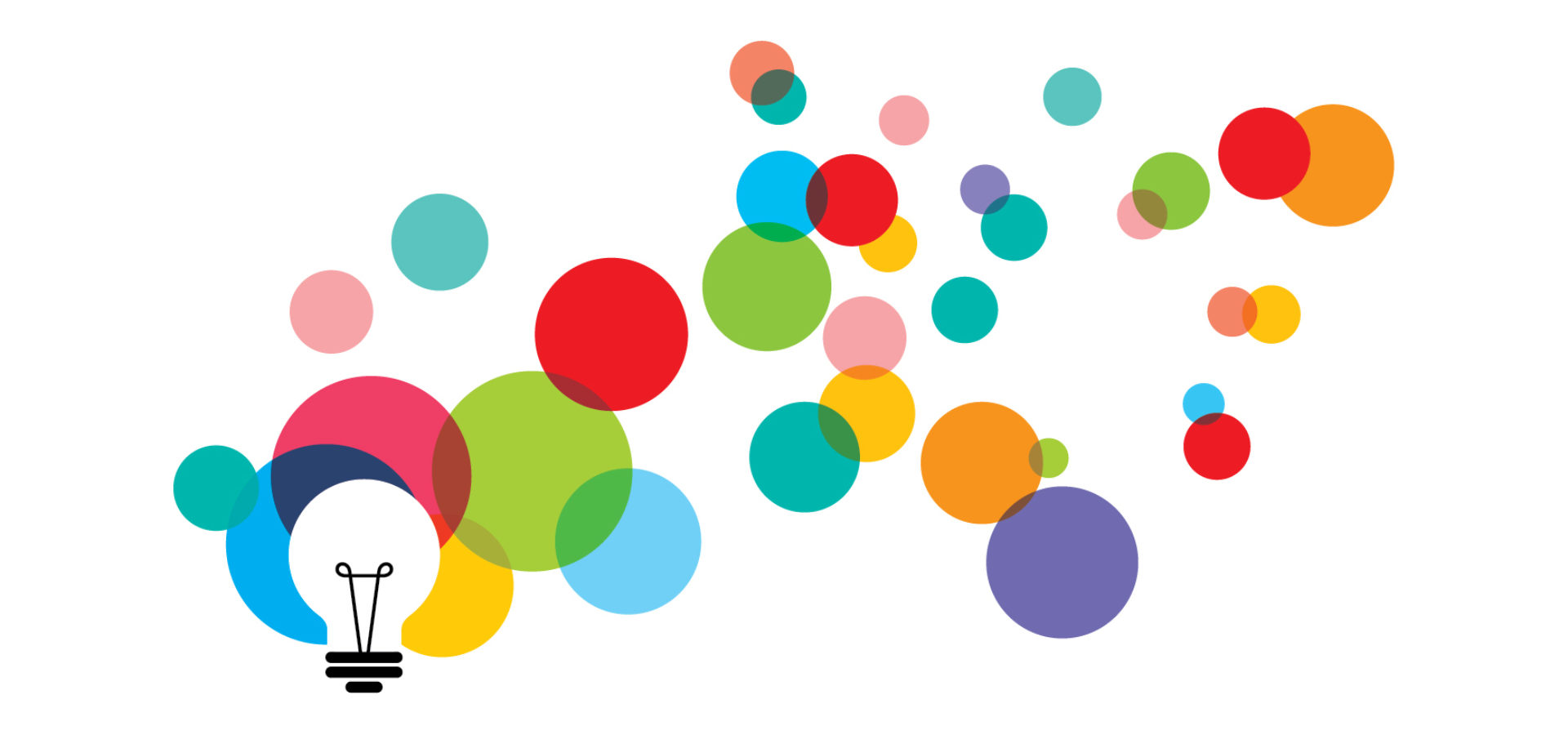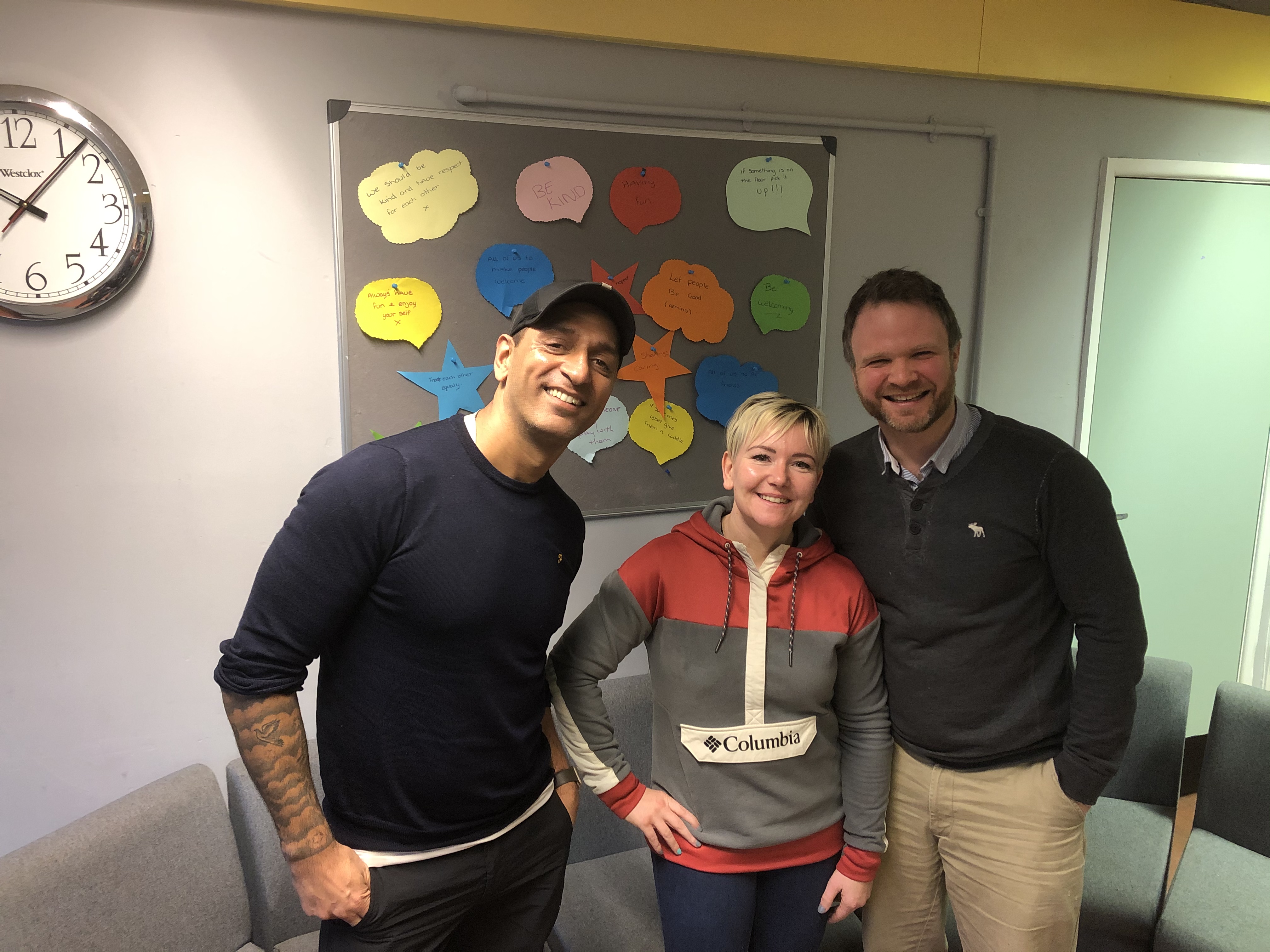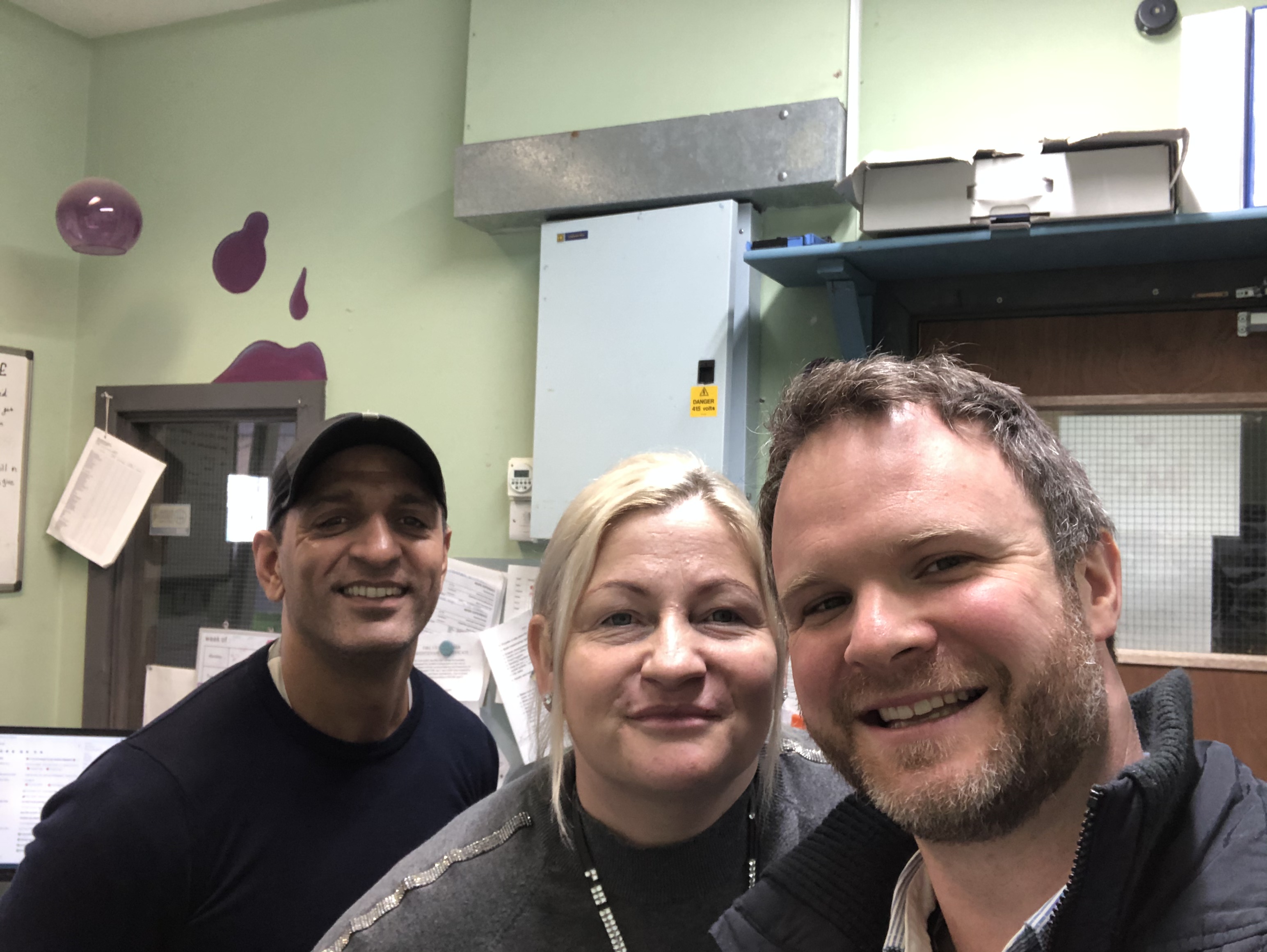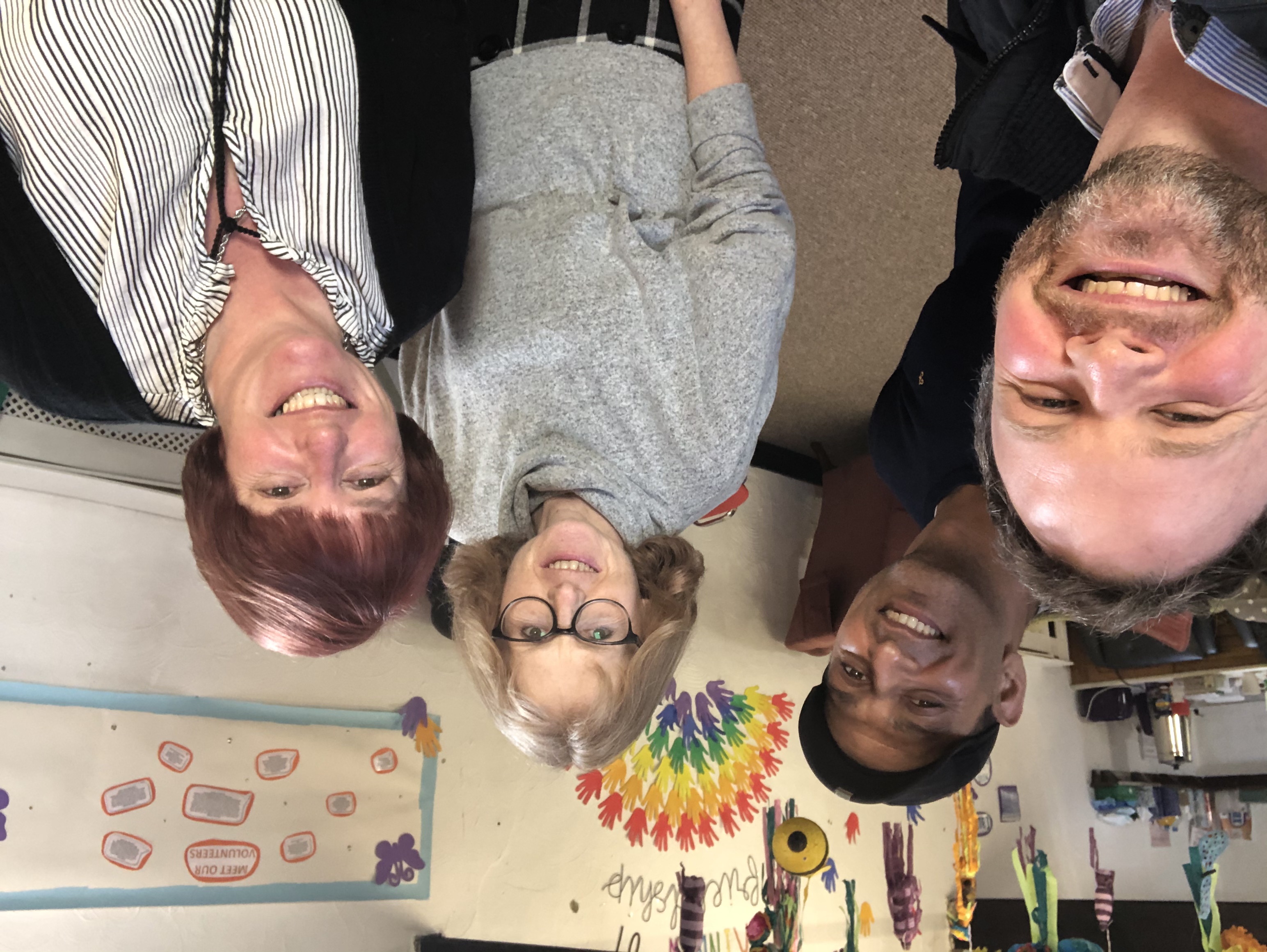I was thinking over the weekend about isolation and this time of lockdown that we find ourselves in as a result of COVID-19 and I started to reflect on the word ‘cocooned’. When we shut ourselves in and button down the hatches, during a storm, we often talk about it as a cocoon-like experience. But what happens in a cocoon is absolutely remarkable.
My four key words for this time are: REST, REFLECT, REIMAGINE and RESET. All of those four things happen within a cocoon, and during the process, absolute transformation or METAMORPHOSIS occurs.
Before the caterpillar enters the cocoon, it has consumed a great deal. It has pretty much eaten whatever it wanted to and lived however it pleased. But when it enters the cocoon, it is entirely undone. Literally, it becomes a bit like gloop! It feels to me like many people are having the feeling of being ‘undone’ during this time. And not only individuals, whole ways that we have built our world together are being called into question. This enforced REST is causing us to REFLECT and as we do so, we are beginning to see the world around us differently. We are recognising how separated we have become from the world we live in – we are learning that it is not a commodity to be consumed, but a living, breathing Planet with which we are supposed to have a truly symbiotic relationship. We are learning just how disconnected we have become from our neighbours and are beginning to discover a new interconnectedness across the fragile family of humanity. We are learning just how much time we spend serving our dysfunctional systems and are allowing ourselves to question the validity of the way we are living and indeed the story which we have bought into. We are being individually and corporately undone, just like the caterpillar in the cocoon.
For the caterpillar, it must feel incredibly destabilising. Everything it has become up until this point is brought into question. As it starts to unravel within the cocoon, I wonder if it feels deeply insecure, anxious, unsafe, wishing it could stop the process and go back to the familiar ways of being a caterpillar. But the journey of metamorphosis is not an easy one, but it is absolutely vital if the caterpillar is to become what it is destined to be. Inside the cocoon, the caterpillar is broken down into ‘IMAGINAL CELLS’ – these begin to form the caterpillar into something altogether different. The caterpillar can no longer remain as it was, it is being REIMAGINED into something far more beautiful in which it can become a true gift to the world – in beauty, in pollination, in the very story that it tells of transformation and redemption.
And so, everything is changing within the cocoon. I wonder what is being reimagined in us, in me, in you, in our shared experience. What are we becoming? Can we really go back to such destruction of the earth we live in – such disconnectedness from the world and the people we live with? Can we really continue to fight one another, hate each other or build walls between us? Are we going to continue to allow our children to be fodder for the machine? Will we ongoingly live with such injustice, caused by our hoarding, rooted in our insecurity? Will our approach to healthcare continue to be so reactionary? Will our politics remain so removed and unrelational? Does our economics have to be so destructive to the planet and so unjust for humanity? Surely, we ourselves are potentially being formed into something altogether more beautiful. We cannot crawl back out of our cocoons as caterpillars wanting to eat ever more leaves. We have an opportunity to leave that all behind, to RESET together and refuse to go back to our old ways. That means things cannot remain the same! Everything must change! Our old ways and means simply won’t cut it any more.
If there were any of the old biblical prophets around these days, they would be using another R word. They would be standing on the social media corners, shouting REPENT, REPENT! Repentance. It literally means to utterly change ones mind, or turn around completely, to change your mind about walking one way and walk in another way. In Ancient Greek, the language of the New Testament writings, the word repent is METANOIA. It has a similar root to it as the word for transformation, METAMORPHOO, from which we get our word Metamorphosis – the same process as happens in the cocoon. If we are to be transformed, then we have to be willing to go through the process of repentance, to stop thinking and acting in the ways of the past and to embrace the newness of the future that is coming towards us. God, who is LOVE (and who is not interested in the building of big things which look impressive, but in the renewal of all things), promises to walk with us, to uphold us and to be part of the journey of transformation with us. We are not alone in this. The planet is literally groaning for it, our hearts are longing for it and the Spirit of God is calling for it……Does it feel scary? Yes! Is this time full of pressure and insecurity? Absolutely! But when you stop and consider what we are learning, don’t we owe it to future generations and the planet to be transformed by the renewing of our minds? Currently we are in the cocoon, and we’re being undone. But a day is coming when we will spread our wings again for an altogether reimagined future. Let us hope and take action to ensure that it is one full of love, kindness, wellbeing, compassion, and peace! In the rest and reflection, let us take time to reimagine and get ready to reset!


